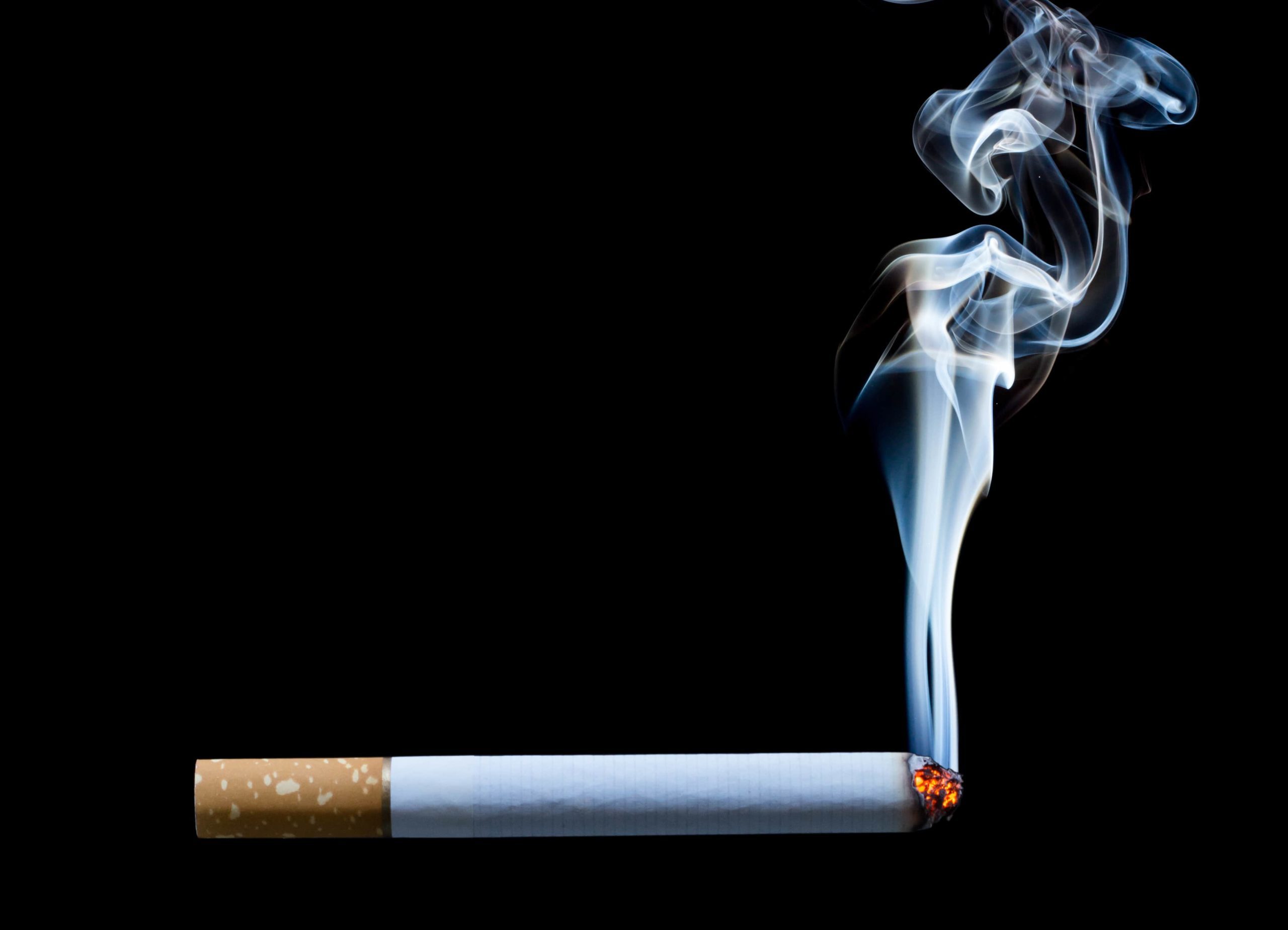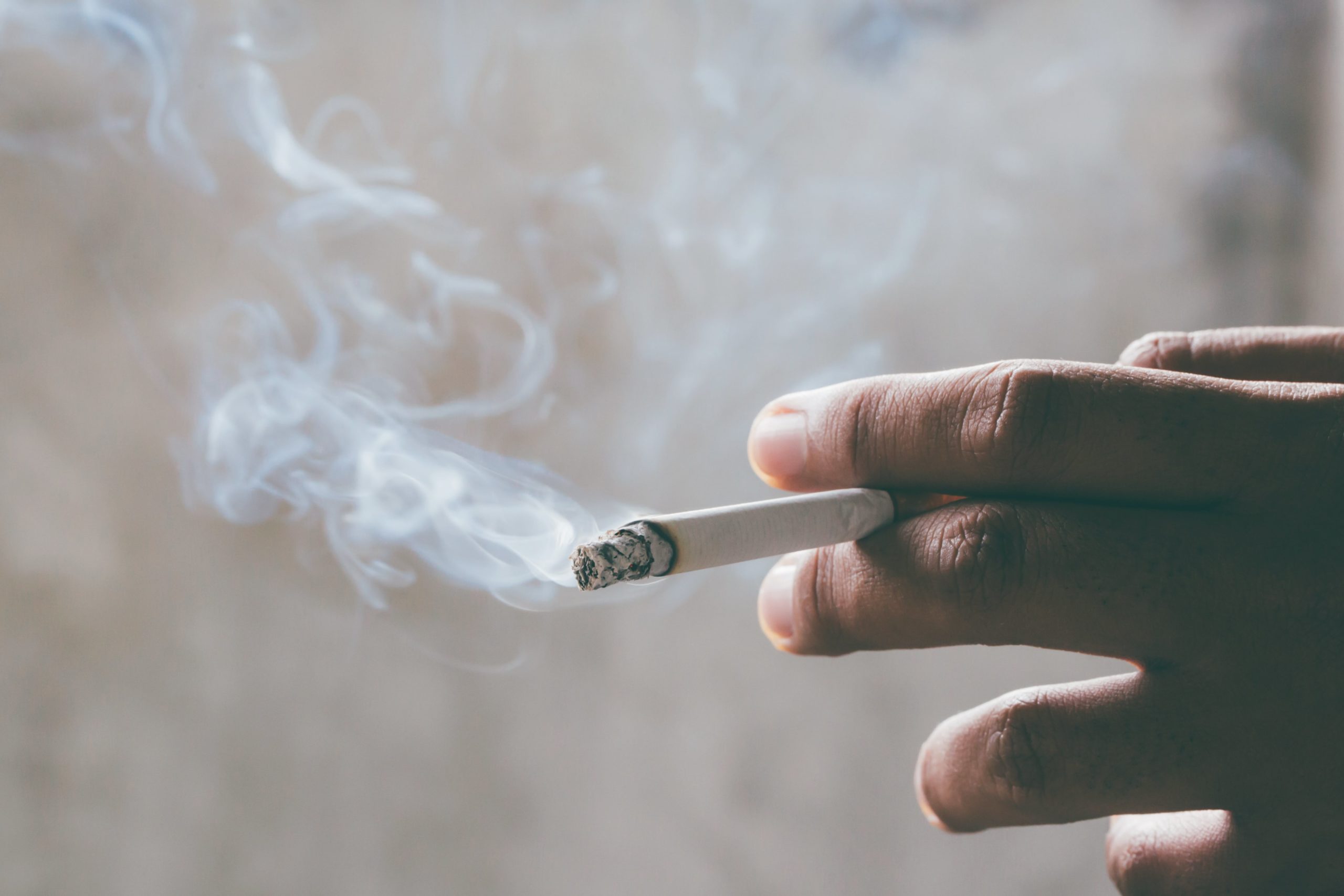How Often Were Railroad Workers Exposed to Secondhand Smoke?
It is typical for individuals who worked in the railroad industry in the 70s, 80s, and 90s to have endured chronic exposure to secondhand smoke. Smoking was historically very pervasive in the railroad industry. Some of our clients have estimated that in the 1970s and 1980s, upwards of 75% of the railroad workforce smoked cigarettes.
Which Railroad Workers Suffered the Worst Exposures?
Many of the most severe exposures were suffered by railroad employees working in enclosed spaces. Such exposures were common for locomotive engineers, firemen, brakemen, and conductors working in cramped cabs and cabooses. As one former railroad worker recalled, “if you were on an engine with an engineer, a fireman and a brakeman and a conductor, sometimes there would be four of you up there, guaranteed three of them were smoking” as a result, conditions inside the cabs were “like a poker game.”
When was Secondhand Smoke Known to be Dangerous?
Secondhand smoke was known to be dangerous in the early 1970s. The Surgeon General proposed a federal ban on smoking in public places as early as 1971. The evidence that secondhand smoke exposure caused cancer was irrefutable by the early 1980s.
When did the Railroads Implement Smoking Bans?
The railroads began to implement smoking bans in the late 1990s. However, many railroads did not entirely ban smoking until 2004-2005 and even today, such policies are not always adequately enforced.
Why Were the Railroads so Slow to Enact Smoking Bans?
The railroads often argue that they were not aware of the dangers of secondhand smoke. However, this has been repeatedly disproved by internal railroad documents produced during litigation. Norfolk Southern, for example, banned smoking on its corporate jets long before it banned smoking in its locomotives and facilities (i.e. NS safeguarded its executives before its union workers).
In some cases, the delay in banning smoking was the result of a choice to prioritize profit over the health of employees. Amtrak is perhaps the most notorious example. Following the ban on smoking in airplanes, Amtrak realized it was attracting more smokers. As such, Amtrak refused to ban smoking on its trains until 2004 even though it had air monitoring evidence since at least 1992 that showed its workers were being exposed to dangerous levels of cigarette smoke.



